Shocking Study Shows One Third of World’s Protected Areas Degraded by Human Activities
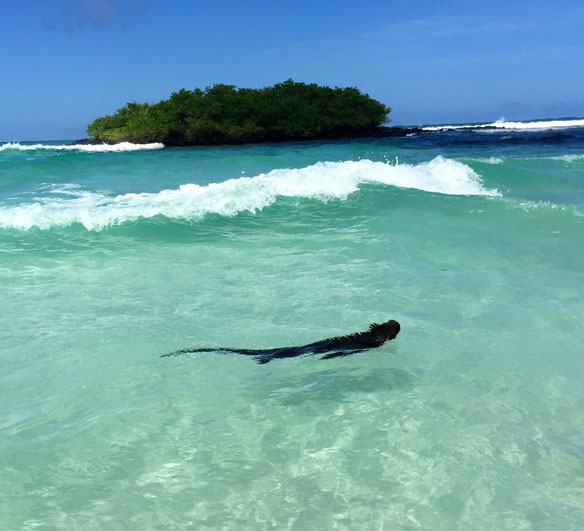
A shocking study confirms that one third of the world’s protected areas — an astonishing 2.3 million square miles or twice the size of the state of Alaska – are now under intense human pressure including road building, grazing, and urbanization.
USGS Tracks How Hurricane Floodwaters Spread Non-Native Freshwater Plants and Animals

Hurricanes Harvey, Irma, Maria, and Nate may have spread non-native freshwater plants and animals into new water bodies, where some of them can disrupt living communities or change the landscape. Storm surges and floodwaters can quickly spread non-native aquatic species into waterways where they weren’t found before. They can even create temporary freshwater zones in saltwater environments
Alligators on the beach? Killer whales in rivers? Get used to it
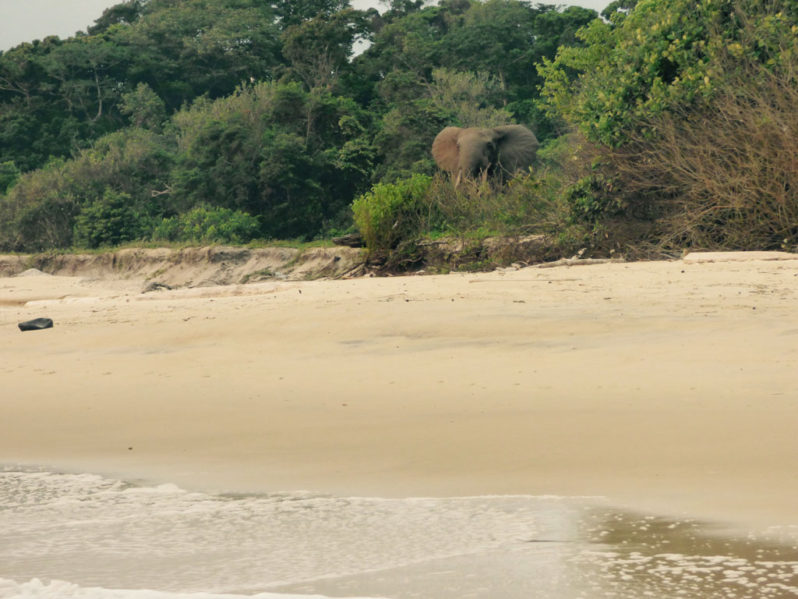
Sightings of alligators and other large predators in places where conventional wisdom says they ‘shouldn’t be’ have increased in recent years. These sightings signify the return of highly adaptable predators to prime hunting grounds they occupied long ago — a trend that opens new opportunities for future conservation.
Striking aerial photos show human impact on the natural world
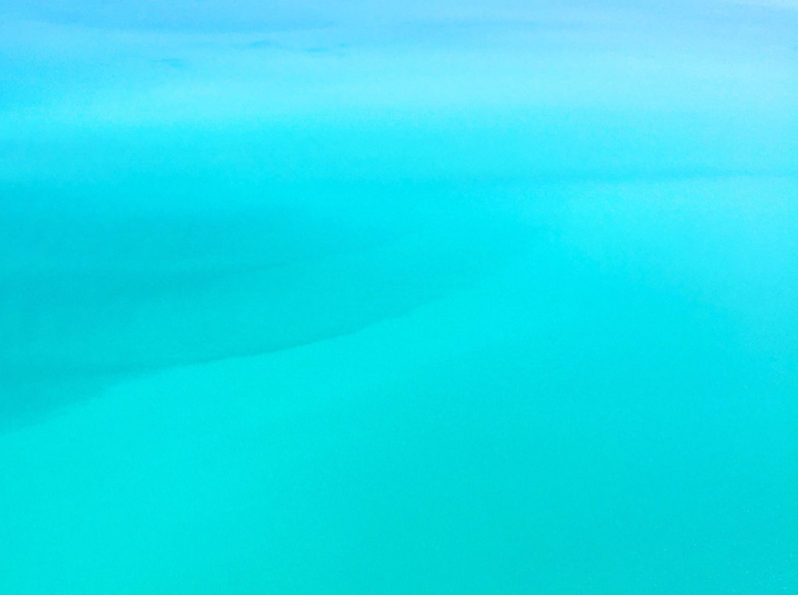
Shot in Spain and southern France, these images were taken by aerial photographer Tom Hegen, who uses drones, hot air balloons, helicopters and planes to document the impact of human activity on the natural world…
Growing ‘dead zone’ confirmed by underwater robots in the Gulf of Oman
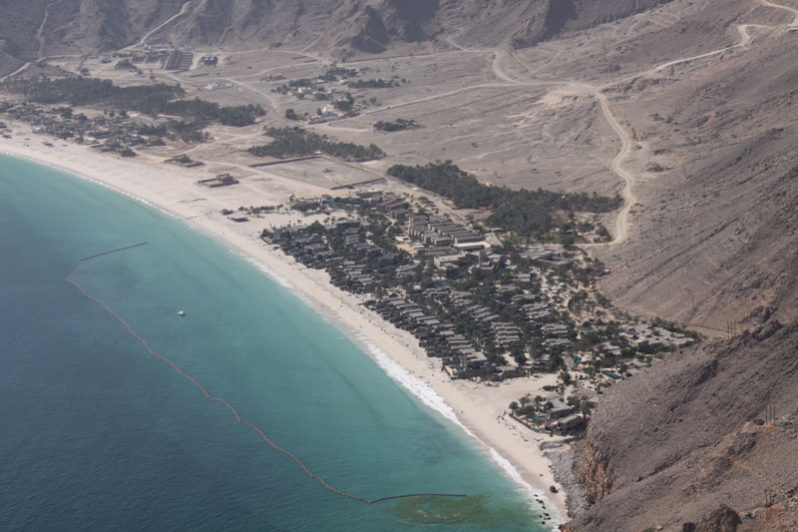
New research reveals a growing ‘dead zone’ in the Gulf of Oman. Little data has been collected in the area for almost 50 years because of piracy and geopolitical tensions. Reasearchers found an area larger than Scotland with almost no oxygen left.
County Starts Dumping-Related Clean-up Work at Goleta, Carpinteria Beaches; CA
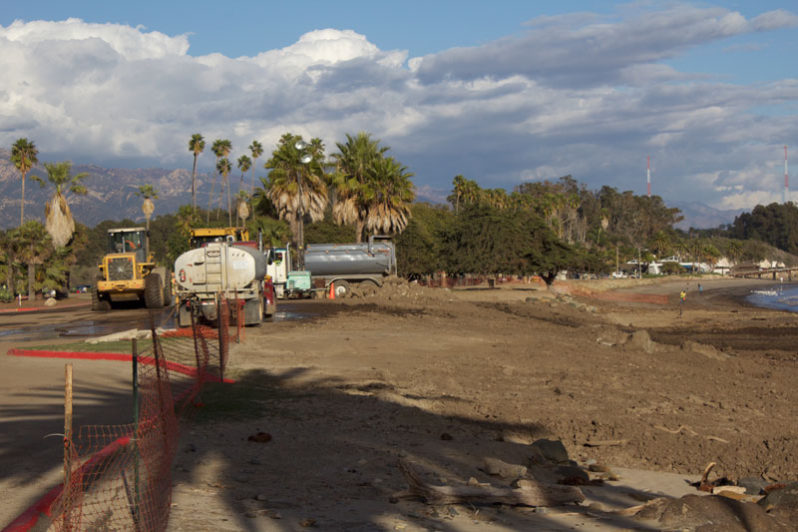
Two months after trucks stopped dumping loads of Montecito mud onto the shore at Goleta Beach County Park, the ocean waters remain closed because testing shows bacteria levels significantly exceed standards.
Estuaries may experience accelerated impacts of human-caused CO2
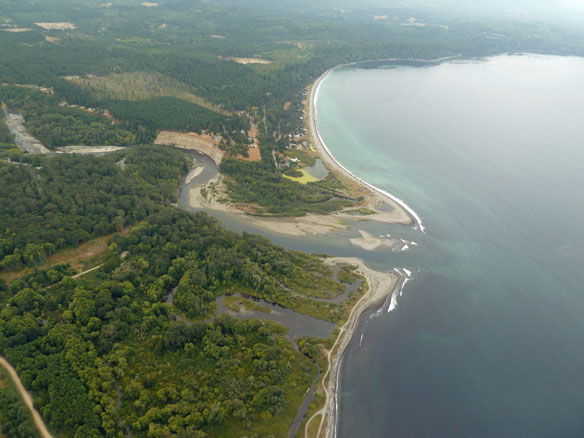
Rising anthropogenic, or human-caused, carbon dioxide in the atmosphere may have up to twice the impact on coastal estuaries as it does in the oceans because the human-caused CO2 lowers the ecosystem’s ability to absorb natural fluctuations of the greenhouse gas, a new study suggests.
Dolphins tear up nets as fish numbers fall
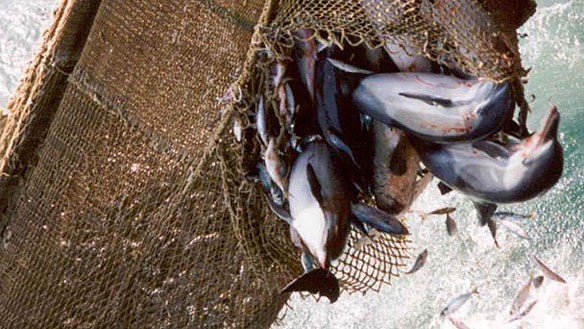
University of Exeter researchers studied the impact of bottlenose dolphins on fisheries off northern Cyprus and said Mediterranean overfishing had created a “vicious cycle” of dolphins and fishers competing for dwindling stocks.
Key Biological Mechanism is Disrupted by Ocean Acidification
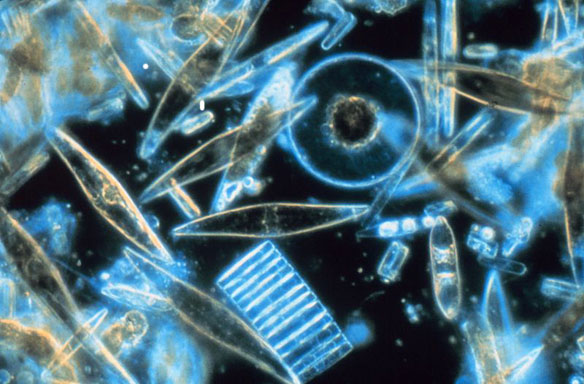
A team led by scientists from Scripps Institution of Oceanography at the University of California San Diego has demonstrated that the excess carbon dioxide added to the atmosphere through the combustion of fossil fuels interferes with the health of phytoplankton which form the base of marine food webs.
